LGFL say; 'Join our amazing pupil hosts Isla and Alex for this 20 minute lesson / assembly for Safer Internet Day 2022 on the theme of online gaming and staying safe on devices. You can watch and use it at any time from now on (not just on the day - 8 February). There are questions to discuss as a class, top answers from the pupils of All Saints Benhilton Primary who tell us what they think, plus a gaming scenario to watch and even a singalong!'
Tagged with resource
Send me a pic? is a brand new Thinkuknow education resource on the consensual and non-consensual sharing of nude images among young people.
Send me a pic? has been developed in response to learning from our Digital Romance (2017) research into young people’s relationships online, and through extensive collaboration with young people across the UK.
Jessie & Friends is a three-episode animated series from CEOP's Thinkuknow education team which aims to equip 4-7 year olds with the knowledge, skills and confidence they need to help them stay safe from sexual abuse and other risks they may encounter online.
Ceop trained adults can log in to the site to access teaching materials and planning.
Swiggle.org.uk is built on Google SafeSearch technology and has a number of active features that encourage children to respond to and report inappropriate online content they find, rather than “Whoops! Let’s move on!” Children are encouraged to report content they think should not be accessible from your school network.
(Note; this is a safer search experience and not 100% safe. Children should be supervised, supported and encouraged to use the report tool when appropriate)
The Children’s Commissioner for England, working with Tes and Schillings, have produced three teaching packs to help young people become more empowered digital citizens.
These packs include lesson ideas and simplified T&Cs for five major social media sites: Facebook, Snapchat, Instagram, WhatsApp and YouTube.
Our digital wellbeing can be influenced by the choices we make online, the content we see, the interactions we have with others and even how long we spend engaging with technology and the internet. Reports have found that those who spend extended amounts of time online are more likely to see upsetting content, receive abusive comments or send abuse to others.
Click below to find out how you can support your child at different ages of their life with their digital wellbeing:
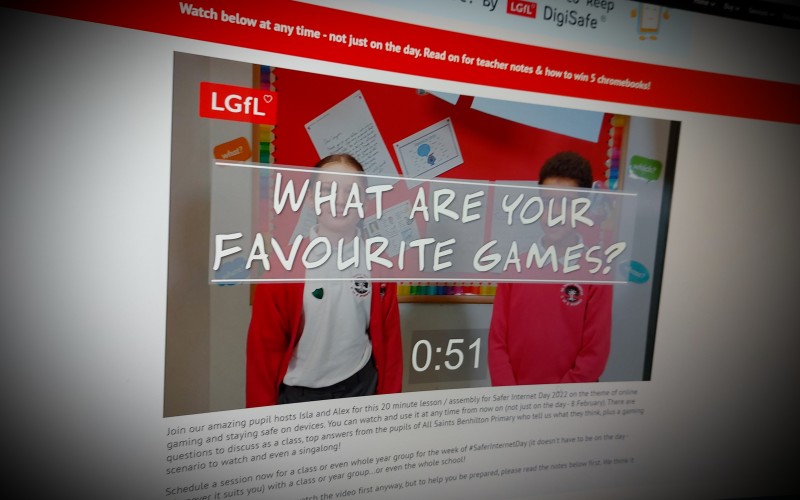
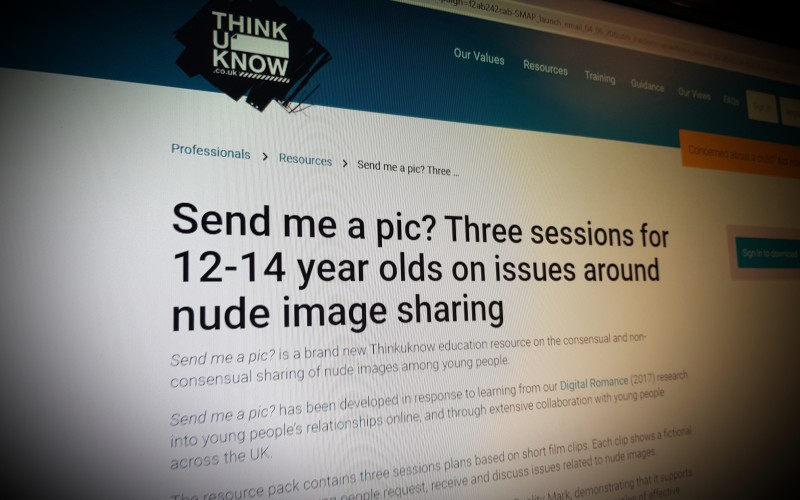
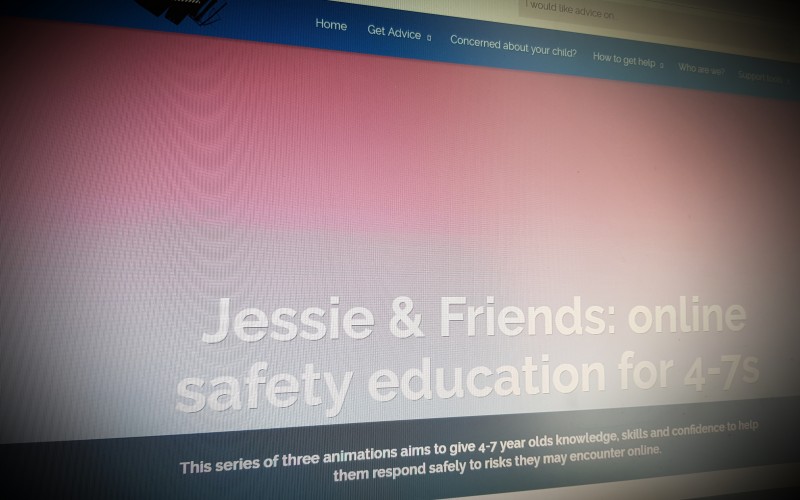
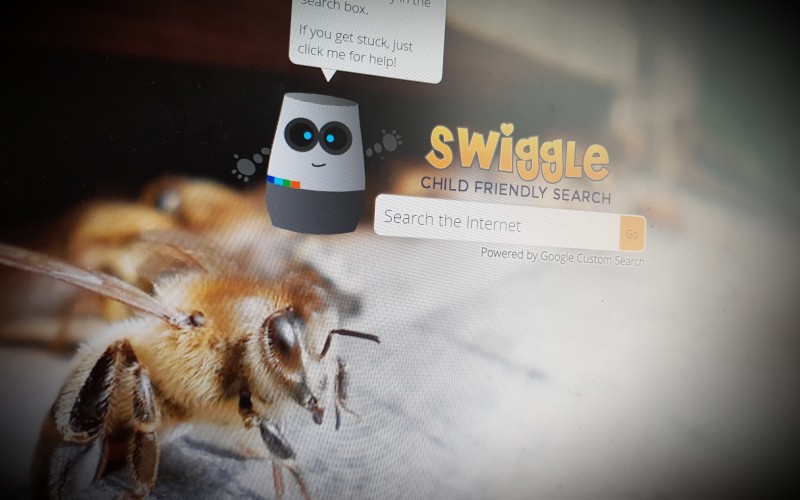
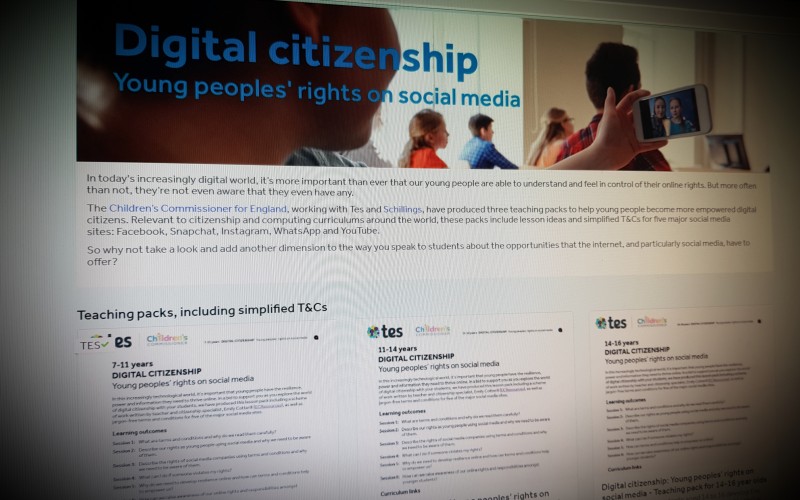
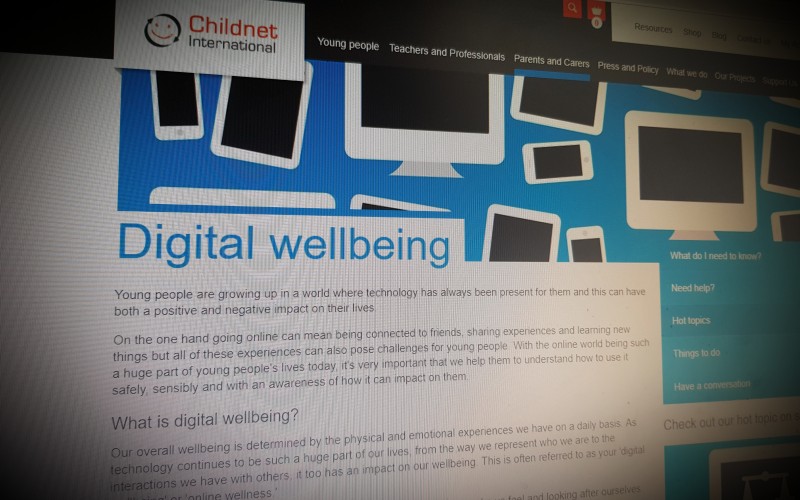
Comments
make a comment